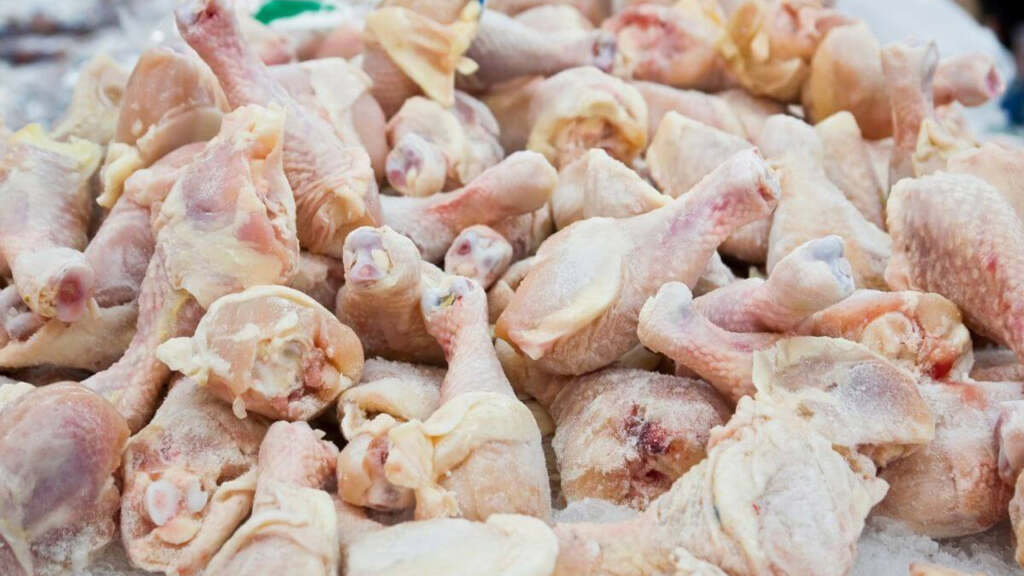Libuseng Molato
The Brazilian government has announced that Lesotho is now one of 51 countries approved for Brazilian poultry exports.
This development, approved by the International Health Certificate, was made public on May 17, 2024, by Ricardo Santin, President of the Brazilian Animal Protein Association (ABPA), “…following negotiations that began in November 2023.”
However, Moshe Mosaase, the Principal Secretary of Lesotho’s Ministry of Agriculture, Food Security, and Nutrition, clarified that no concrete agreement for poultry imports from Brazil has been finalised, instead, the government initiated negotiations with several countries to address the nation’s poultry needs following a bird influenza outbreak in South Africa.
“The goal is to ensure a sufficient supply of poultry. Relying solely on South Africa is not viable. Meanwhile, we are conducting studies with SADC countries to bolster our own poultry production,” Mosaase explained.
Farmers’ Aspirations and Concerns
Despite the announcement, local farmers are determined to enhance Lesotho’s poultry industry and own national supply to meet consumer demands. A poultry farmer and a deputy chair of Farm Girls Parent Stock, Matumane Matela highlighted the strides already taken towards achieving poultry self-sufficiency.
“The group is focusing on the entire poultry value chain, from broiler breeding to processing and packaging.
“We have purchased parent stock that will start laying soon. Amid the tragedy we all witnessed, it will be best for the government to uplift enthusiastic farmers already in the industry so that Basotho will not struggle any more concerning poultry and parent stock could be a solution. The government should support local farmers if they want to see progress. This will eliminate our dependence on imported poultry and reduce the consumption of processed meat laden with chemicals,” Matela expressed.
Limpho Selae, Secretary of Basotho Poultry Farmers, stressed the need for advanced agricultural technologies such as grower sheds and brooder houses to enable year-round production able to withstand climate change challenges.
He also emphasised the importance of infrastructure for standard slaughter plants to scale up production from hundreds to thousands of chickens.
“Training and access to information on new strategies and technologies are crucial. Other countries succeed because they have sophisticated equipment. We need similar support,” Selae stated.
Collaborative Efforts for a Sustainable Future
Selae also mentioned the potential impact of the Land O’Lakes STEPS project, which aims to develop each segment of the poultry value chain through tools, technical assistance, and financing to ensure market access and quality production.
He also believes there is sufficient support from organisations like the Food and Agricultural Organization (FAO) and the Lesotho National Development Corporation (LNDC) to achieve reliable production.
“We need proper coordination with current donors, ministries, and other potential supporters. Challenges are inevitable, but with coordinated efforts, we can overcome them,” Selae added.
He called for the unification of poultry associations in Lesotho, arguing that fragmented efforts hinder government focus and delay progress in the poultry industry.
“With strategic investments in technology, infrastructure, and training, Lesotho can aim to achieve self-sufficiency and reduce its reliance on imports, paving the way for a robust and sustainable poultry industry.”




